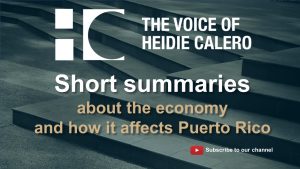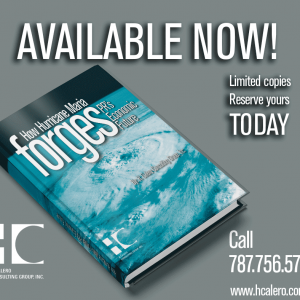
12/2018: 2018 – A Year of Lost Opportunities
 Serious challenges continue to estrange the economic outlook everywhere
Serious challenges continue to estrange the economic outlook everywhere
2018 came in on the heels of a devastating last three months in 2017, with the anticipation that it would finally bring the opportunities that PR needed to debunk its economic malaise. Yet, 12 months later we are about to exit it with basically more questions than answers and an almost universal dismay with the ongoing situation. To make matters more unsettling, we continue to lack consensus—and with it a sense of collective purpose—on what needs to be done in the best interest of PR, its people and the holders of the Commonwealth´s defaulted debt. Matters elsewhere have not helped either as the accumulation of tension and disruption continued unabated throughout the year. The US-China trade war and the accompanying political instability in the developed world stand to leave unintended consequences on the Island sooner rather than later. Businesses will need to focus on risk mitigation at all levels in 2019 as PR continues its painfully slow reconstruction process, hoping for the best but, certainly, preparing for the unexpected.













